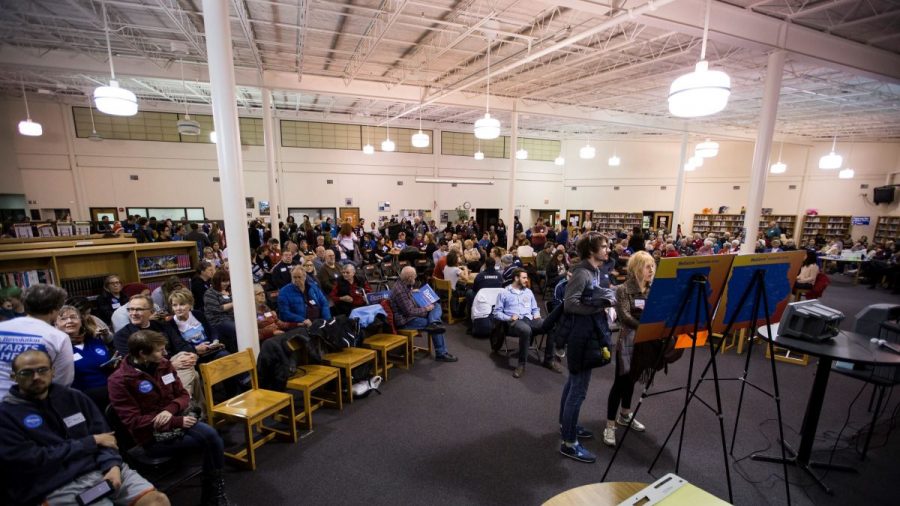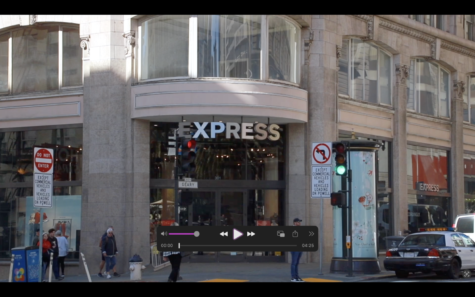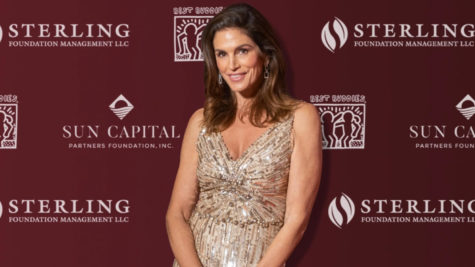The Iowa Caucus: A Beginner’s Guide
Photograph by CNN
The Iowa Caucuses are the first voting opportunities for Democrats and Republicans. They take place Monday, February 3, 2020.
Although a presidential caucus in the state of Iowa may not seem relevant to people outside of the Midwest, it is important for all to recognize that the outcome of this first Democratic primary could reveal the party’s nominee and the next president of the United States.
The Iowa caucus on Monday, February 3, is the first of many state elections in the 2020 Democratic presidential primary season that will award one candidate enough delegates to win the party’s nomination in July. That nominee will challenge current President Donald Trump in November, assuming that the Republican-led Senate votes to acquit him of impeachment charges on Wednesday.
The Iowa caucus features a dozen Democratic candidates, an ideologically divided group with moderate to leftist views on critical issues such as health care, education, and the environment. Leading the pack by a tight margin is U.S. Sen. Bernie Sanders with 23.8% of the vote, followed closely by former Vice President Joe Biden with 20.2%, as reported by a Real Clear Politics average poll. Trailing behind these frontrunners are South Bend Mayor Pete Buttigieg with 15.8%, U.S. Sen. Elizabeth Warren with 14.6%, and U.S. Sen. Amy Klobuchar with single-digit support in the Hawkeye state.
Bear in mind that Iowa’s biggest export is not just corn. Since 2000, the last four Democratic presidential nominees (Al Gore, John Kerry, Barack Obama–twice and Hillary Clinton) have all left that state as frontrunners after winning the caucus.
As Florida and the rest of the country wait anxiously for the results from Iowa, they are perhaps even more bewildered by the method of voting in that state.
What exactly is a caucus?
For starters, the caucus system is not unique to Iowa; eight other states, as well as three U.S. territories, use this voting system to select a presidential nominee. It is drastically different from a state primary, in which individuals simply fill out a ballot at a polling station and their civic duty is fulfilled.
In Iowa, the process is much more complex and competitive.

All registered Democratic voters from across Iowa will gather at small venues based on which voting precinct they live in. In each of the state’s 1,678 precincts, supporters of candidates will passionately debate issues, persuade undecided voters to join their ranks, and ultimately vote for a candidate whom they believe might beat President Trump in November.
Here’s how the process works: Iowa voters go to a school, community center, or even a home within their precinct and stand in a section of a room based on which candidate they support. If their section represents at least 15% of the total vote at the venue, then their candidate is considered viable. If this threshold is not reached, then the supporters of that unlucky candidate must realign themselves with another preferred candidate until the 15% mark is surpassed. After this realignment process is finished, the caucus results are tallied and Iowa’s 41 Democratic delegates are proportionally distributed to the presidential candidates based on their share of the vote.
Confusing? Yes. The true winner in Iowa comes down to which candidate can earn the most delegates to support them as the presidential nominee at the Democratic National Convention in the summer.
But here’s another thought: If Iowa is only allotted 41 delegates out of 4,750 at the party convention – roughly 1% – why is the competition so influential and why does the “Corn State” get to go first? To answer these questions, we must jump into our DeLorean and travel back to the tumultuous summer of 1968.
That year, the Democratic National Convention held in Chicago erupted in violent clashes between anti-Vietnam War protesters and city police in the streets outside the event. Mirroring the tension outside, delegates within the convention debated fervently over the party nominee, eventually choosing Vice President Hubert Humphrey and splitting the party over the issue of the Vietnam War.
At the end of all the chaos, Democratic leadership decided that everyday party members should choose a nominee in a more direct fashion through state primaries instead of relying on the whims of political elites at conventions. This, they believed, would prevent the divisiveness of 1968.
This is where Iowa enters the picture. Unlike other states, Iowa already had an established system of precinct caucuses to choose a nominee so they were allowed to be the first primary in the upcoming election cycle. Ever since, presidential hopefuls have focused on Iowa to gain traction in their bid for the White House.
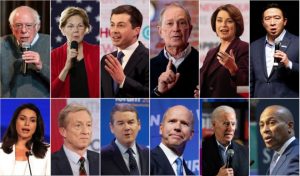
After national polls showed him in the single digits, U.S. Senator George McGovern placed in a close second to front-runner Edmund Muskie in the 1972 Iowa caucus. McGovern’s success there launched him into the national spotlight and would secure him the Democratic Party’s nomination for president. Four years later, Jimmy Carter, an unknown governor from Georgia, won the Iowa caucus and rode that momentum to win the party nomination and the White House. In 2008, the junior senator from Illinois, Barack Obama, pulled off a similar upset victory in Iowa and went on to become the 44th President of the United States.
With this in mind, it should come as no surprise that this year’s batch of Democratic candidates are campaigning aggressively in this early state. This is because the Iowa Caucus gives candidates “the Big Mo,” meaning momentum, according to President George H. W. Bush, who won the 1980 and 1992 Iowa caucuses. Success in this state signals a candidate’s electability in other states across the country.
Although much can be said about Iowa’s unrepresentative white and rural demographics compared to the diversity of the United States, the contest holds incredible influence over the future leadership of this country. Whether Sanders pulls ahead with votes from liberal candidates who fail to meet the voter threshold or Buttigieg pulls off an underdog victory, anything seems possible when it comes to Iowa – even foretelling who becomes the next leader of the free world.
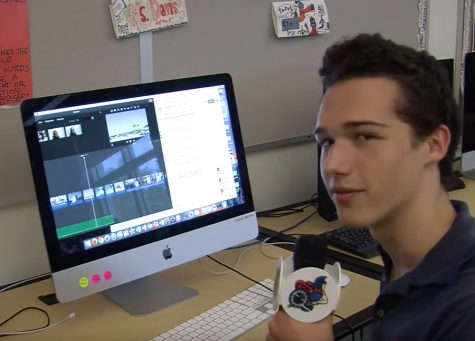
Andrew Weaver is a senior at MCDS and he is thrilled to serve as Campus News Editor this year. Since joining The Spartacus in his junior year, Weaver has...


